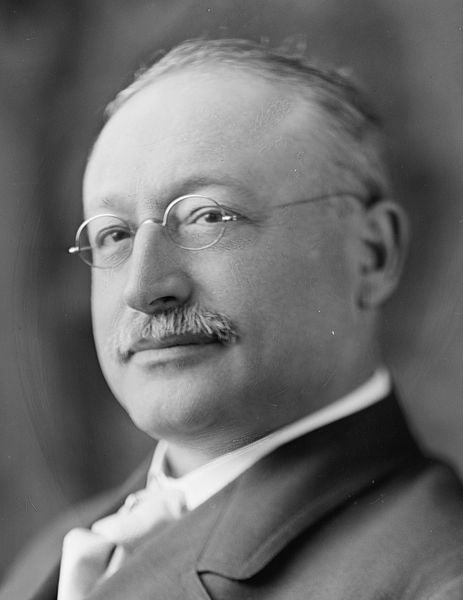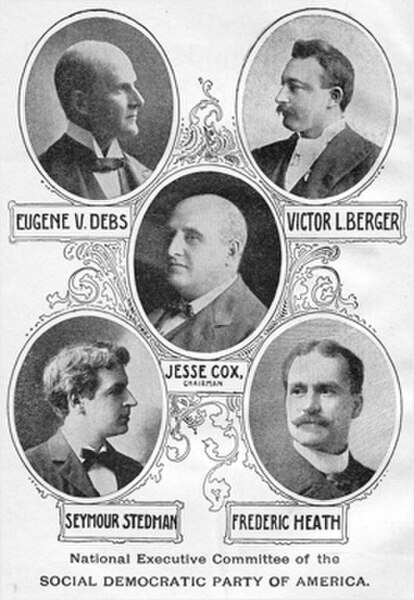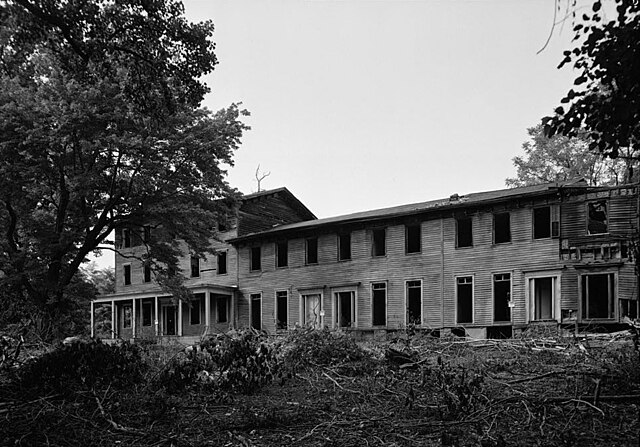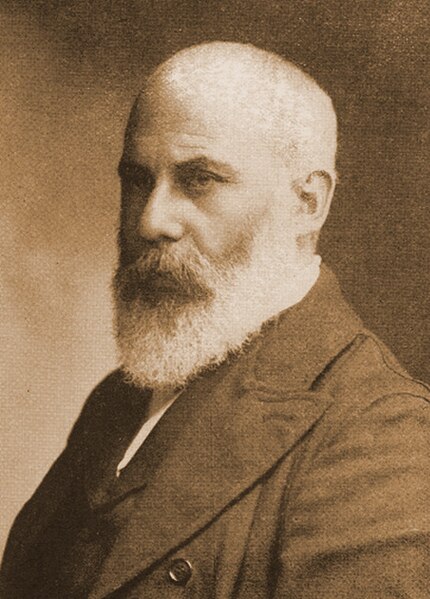Victor Luitpold Berger was an Austrian–American socialist politician and journalist who was a founding member of the Social Democratic Party of America and its successor, the Socialist Party of America. Born in the Austrian Empire, Berger immigrated to the United States as a young man and became an important and influential socialist journalist in Wisconsin. He helped establish the so-called Sewer Socialist movement, but also sparked the American Socialist Party's nativist turn. In 1910, he was elected as the first Socialist to the U.S. House of Representatives, representing a district in Milwaukee, Wisconsin.
Victor L. Berger
1900 members of the National Executive Committee of the SDP.
Victor Berger, in Literary Digest, 1920.
History of the socialist movement in the United States
The history of the socialist movement in the United States spans a variety of tendencies, including anarchists, communists, democratic socialists, social democrats, Marxists, Marxist–Leninists, Trotskyists and utopian socialists. It began with utopian communities in the early 19th century such as the Shakers, the activist visionary Josiah Warren and intentional communities inspired by Charles Fourier. Labor activists, usually Jewish, German, or Finnish immigrants, founded the Socialist Labor Party of America in 1877. The Socialist Party of America was established in 1901. By that time, anarchism also rose to prominence around the country. Socialists of different tendencies were involved in early American labor organizations and struggles. These reached a high point in the Haymarket massacre in Chicago, which founded the International Workers' Day as the main labour holiday around the world, Labor Day and making the eight-hour day a worldwide objective by workers organizations and socialist parties worldwide.
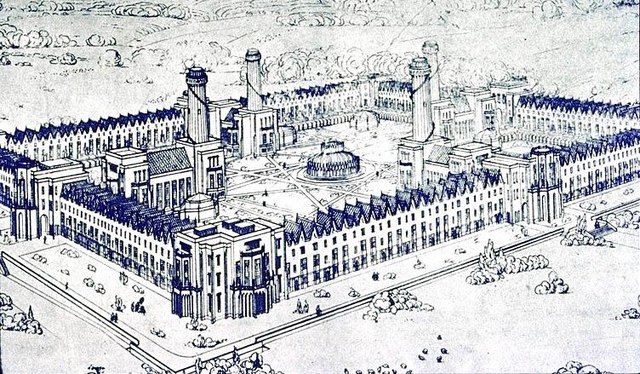
New Harmony as envisioned by Robert Owen
The North American Phalanx
Daniel De Leon, leading figure in the Socialist Labor Party of America
Socialists in Union Square, Manhattan on May 1, 1912

